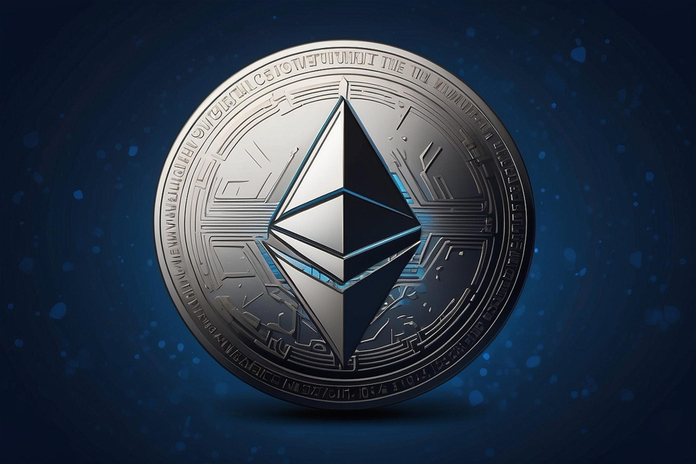Solana Dev: New Crypto Phone ‘Feels Like Madness’ — But Already Has $65M in Pre-Orders
This post was originally published on this site

A 43-year-old software engineer, who previously worked on the BlackBerry in the 2000s and helped develop the Windows Phone app store at Microsoft, has now taken on a new challenge. Despite not having worked in crypto until early 2022, Laver is leading Solana Labs’ effort to revolutionize the crypto experience by integrating blockchain capabilities into a mobile device.
“This has that big, sky’s the limit energy,” Laver said in a rare interview with DL News. “This feels like madness, but at the same time, this feels like the end result.”
The end result is Solana’s second mobile phone, called Chapter 2, set to release in early 2025. With a $500 price tag for preorders, Solana has already secured more than 130,000 preorders, totaling $65 million.
A Bold Bet
This ambitious move is significant for the four-year-old blockchain network, given the heavily regulated mobile phone industry, which is dominated by giants like Apple and Samsung.
Why would Solana, a major player in decentralized finance (DeFi) with a token market cap of $82 billion and a leading brand in crypto, venture into hardware manufacturing?
“It’s a tough, tough ask,” said Chris Lewis, an independent telecoms analyst with over 40 years of experience, in an interview with DL News.
The answer lies in control. Solana aims to free crypto from desktop reliance and the restrictive app platforms of Apple and Google. These Silicon Valley giants have long hindered crypto-friendly mobile developers with high fees and app bans.
In today’s world, where investing, shopping, and banking are increasingly mobile, crypto is still struggling to establish a presence. “We’re used to everyone bringing a laptop to dinner, so you don’t miss a drop or a claim,” said Emmett Hollyer, head of business development and operations at Solana Labs.
Overcoming Past Challenges
Solana isn’t the first to challenge the incumbents. Over the past decade, numerous bespoke crypto phones have entered the market, but none have achieved significant success. Last year, Solana introduced the Android-powered Solana Saga, selling about 20,000 of the $600 handsets, far short of the 50,000 unit goal. In contrast, Apple shipped over 80 million iPhones in the fourth quarter alone.
Despite past setbacks, Solana is betting big on the Chapter 2, hoping to carve out a substantial niche in the mobile market and provide a seamless blockchain experience for its users.
Featured Image: Freepik






